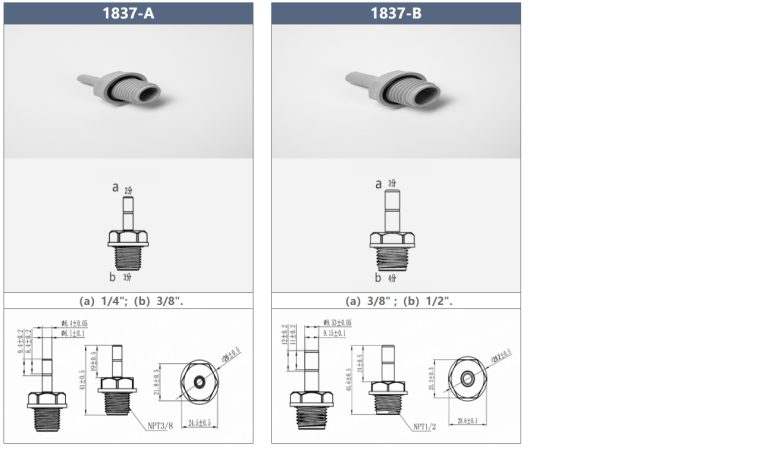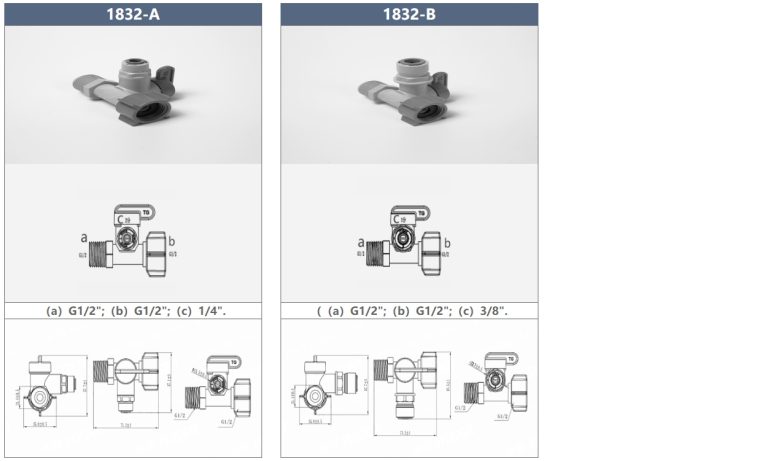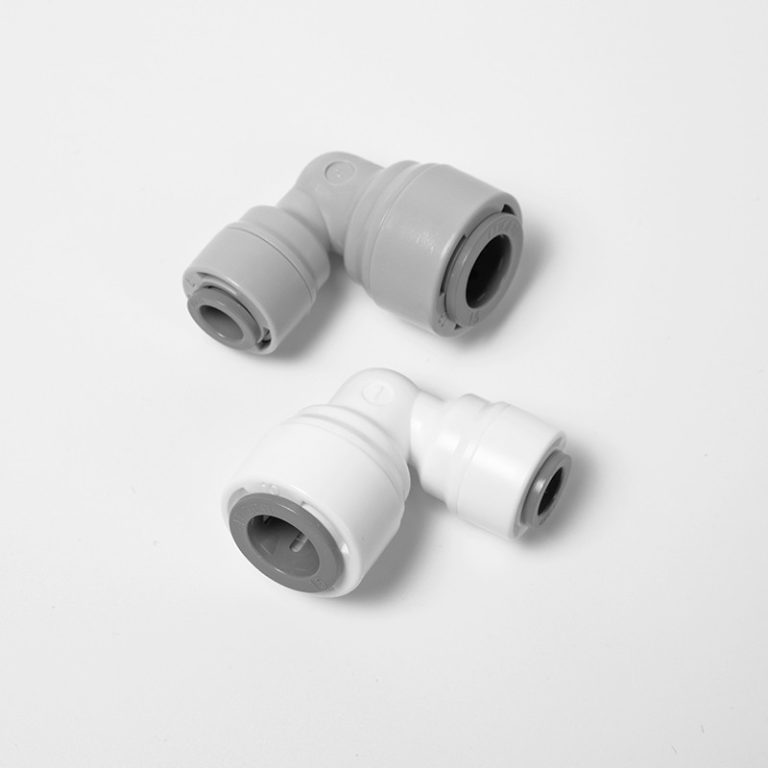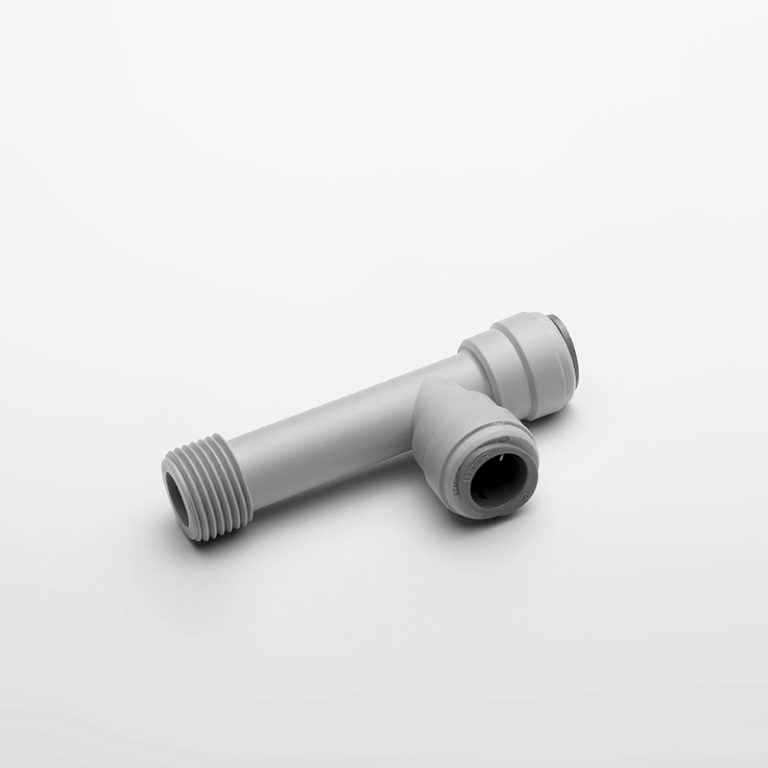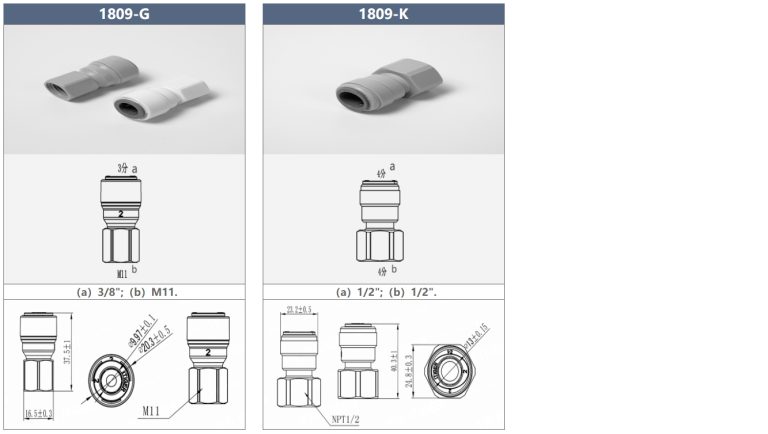“Plastic plumbing fittings: reliable, durable, and safe for your home.”
The Safety of Plastic Plumbing Fittings
Plastic plumbing fittings have become increasingly popular in recent years due to their affordability, ease of installation, and resistance to corrosion. However, there has been some concern about the safety of these fittings, particularly in terms of their durability and potential health risks. In this article, we will explore the safety of plastic plumbing fittings and address common questions and concerns surrounding their use.
One of the primary concerns with plastic plumbing fittings is their durability and longevity. Many people worry that plastic fittings may not be as durable as traditional metal fittings and could be more prone to leaks or failures over time. While it is true that plastic fittings may not be as strong as metal fittings, modern plastic materials are designed to be highly durable and resistant to wear and tear. When installed correctly and maintained properly, plastic fittings can provide reliable and long-lasting performance.
Another concern with plastic plumbing fittings is the potential health risks associated with their use. Some people worry that plastic fittings may leach harmful chemicals into the water supply, posing a risk to human health. While it is true that some plastics contain chemicals that can be harmful if ingested in large quantities, most modern plastic plumbing fittings are made from materials that are certified safe for use in potable water systems. It is important to look for fittings that are labeled as NSF-certified or meet other relevant safety standards to ensure that they are safe for use in your plumbing system.
In addition to concerns about durability and health risks, some people worry that plastic plumbing fittings may be more prone to leaks or failures than metal fittings. While it is true that plastic fittings may be more susceptible to damage from high temperatures or pressure, proper installation and maintenance can help prevent leaks and failures. It is important to follow manufacturer guidelines when installing plastic fittings and to regularly inspect and maintain your plumbing system to ensure that it is in good working order.
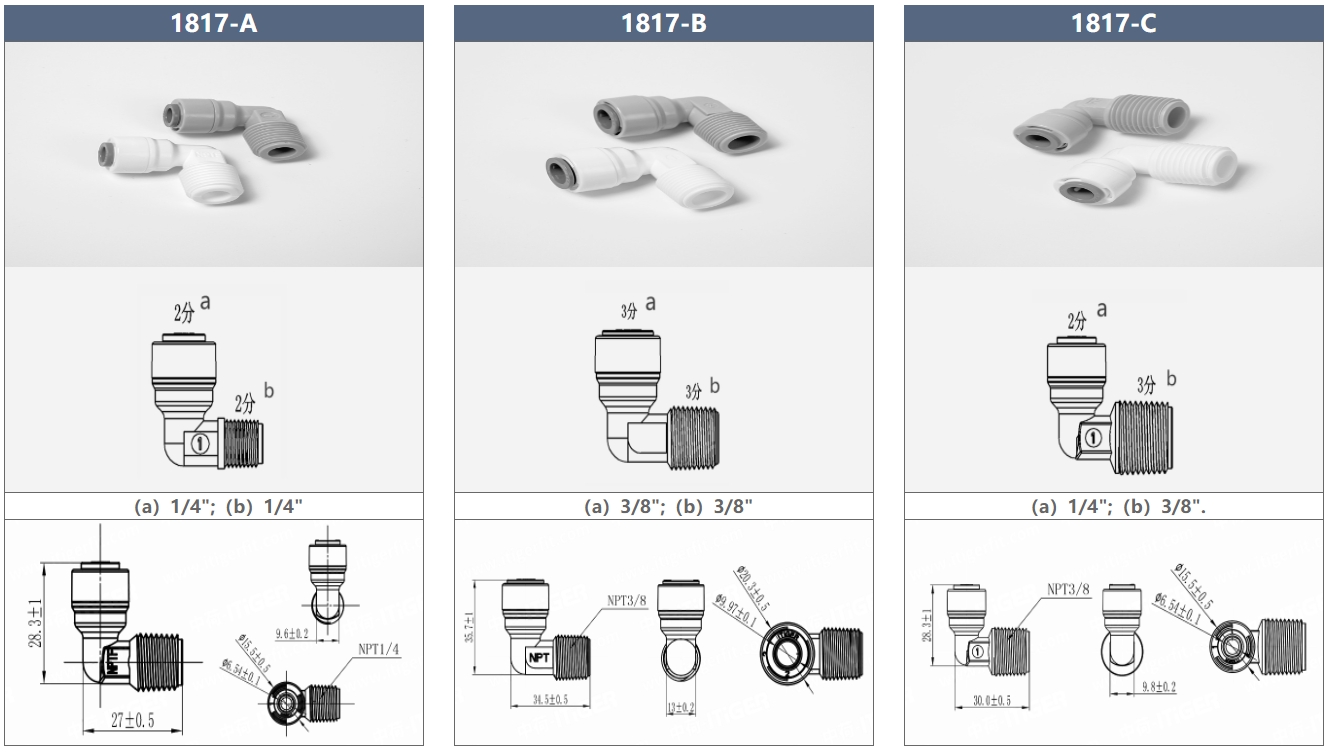
Despite these concerns, plastic plumbing fittings have many advantages that make them a popular choice for homeowners and contractors alike. Plastic fittings are lightweight, easy to install, and resistant to corrosion, making them an attractive option for a wide range of plumbing applications. Additionally, plastic fittings are often more affordable than metal fittings, making them a cost-effective choice for budget-conscious consumers.
| Model | Tube(a) | Stem(b) |
|---|---|---|
| 1801-A | 1/4 | 1/4 |
| 1801-C | 1/4 | 3/28 |
In conclusion, plastic plumbing fittings can be a safe and reliable option for your plumbing system when installed and maintained properly. While there are some concerns about the durability and potential health risks of plastic fittings, modern materials and manufacturing processes have made plastic fittings a viable alternative to traditional metal fittings. By choosing high-quality, certified plastic fittings and following proper installation and maintenance procedures, you can enjoy the benefits of plastic plumbing fittings without compromising on safety or performance.

